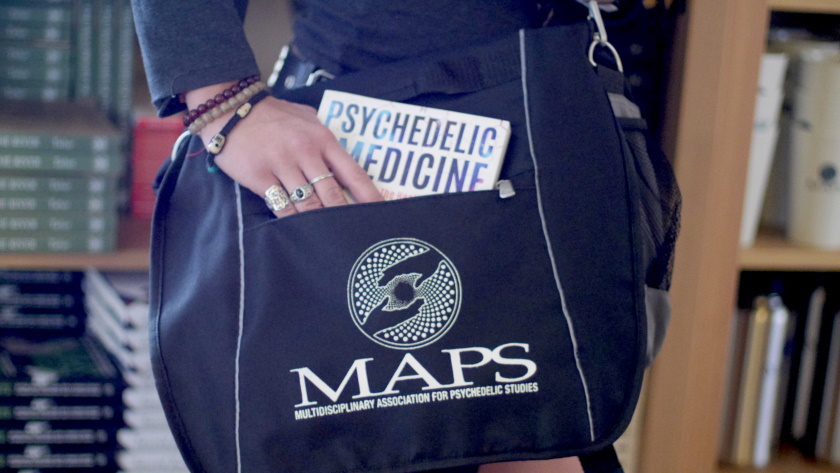MDMA on track for 2023 approval as PTSD therapy, says developer

A medicine based on MDMA – the active ingredient in recreational drug ecstasy – is on the cusp of FDA approval as a treatment for post-traumatic stress disorder (PTSD), according to the organisation developing it.
The non-profit Multidisciplinary Association of Psychedelic Studies (MAPS) is leading the development of MDMA and has just reported top-line results from a phase 3 trial of the drug combined with psychotherapy that it says could form the basis of a marketing application to the US regulator.
The 90-subject study found that after three MDMA-assisted therapy sessions, 67% of participants with PTSD no longer qualified for that diagnosis, while 88% experienced a significant reduction in symptoms, mirroring the findings of phase 2 testing.
Notably, the individuals recruited into the trial had PTSD stemming from a range of traumatic events, and had been having symptoms for an average of 14 years. Long-term, chronic PTSD – particularly when associated with depression and/or a history of alcohol or substance abuse, is regarded as much harder to treat.
"People with the most difficult-to-treat diagnoses, often considered intractable, respond just as well to this novel treatment as other study participants," according to lead investigator Jennifer Mitchell, an associate professor in neurology at the University of California San Francisco (UCSF).
"While many forms of PTSD therapy involve recalling previous trauma, the unique ability of MDMA to raise compassion and understanding while tamping down fear is likely what enables it to be so effective," she said.
MAPS says the results back up the potential role of MDMA to treat PTSD seen in soldiers returning from the battle field, women suffering sexual abuse and assault as well as others suffering from abuse and other trauma-inducing events.
The FDA has recognised the potential of the approach by awarding MDMA-assisted therapy a breakthrough designation in 2017 for chronic PTSD.
The new trial – which is expected to be published later this month in the journal Nature Medicine – is the first of two phase 3 studies that will be needed to secure an FDA approval. A second is underway in 100 subjects and if positive could result in a green light for the therapy in 2023.
The FDA has given permission for an expanded access programme in which 50 patients will receive the treatment ahead of a possible approval.
The new study continues a push to repurpose often illegal psychoactive drugs as legitimate therapies, within carefully controlled conditions.
Last month, researchers at Imperial College London’s Centre for Psychedelic Research reported the results of a phase 2 trial of psilocybin – the active compound in magic mushrooms – which found that using it alongside psychotherapy was at least as effective as a drug currently used to treat major depression.












